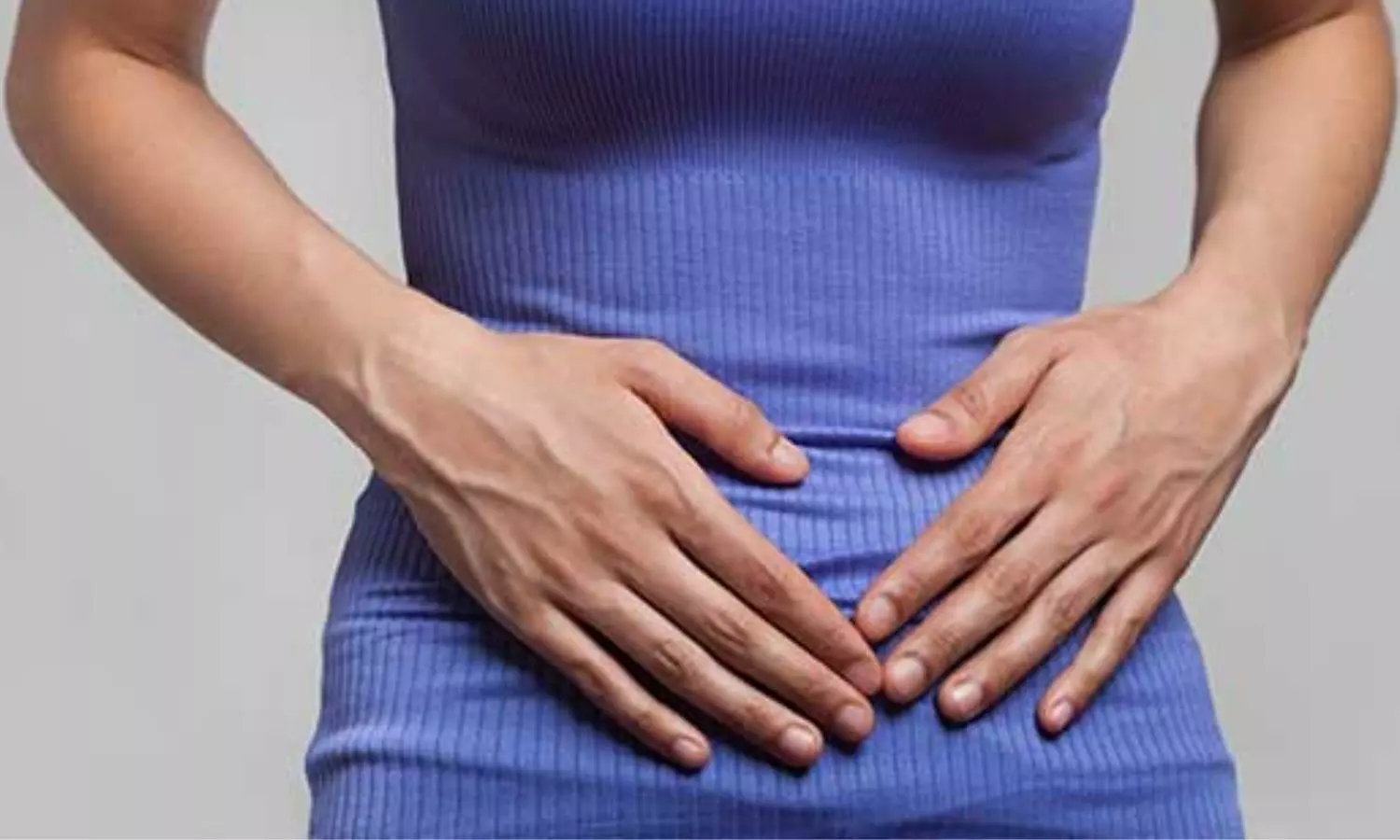- Home
- Medical news & Guidelines
- Anesthesiology
- Cardiology and CTVS
- Critical Care
- Dentistry
- Dermatology
- Diabetes and Endocrinology
- ENT
- Gastroenterology
- Medicine
- Nephrology
- Neurology
- Obstretics-Gynaecology
- Oncology
- Ophthalmology
- Orthopaedics
- Pediatrics-Neonatology
- Psychiatry
- Pulmonology
- Radiology
- Surgery
- Urology
- Laboratory Medicine
- Diet
- Nursing
- Paramedical
- Physiotherapy
- Health news
- Fact Check
- Bone Health Fact Check
- Brain Health Fact Check
- Cancer Related Fact Check
- Child Care Fact Check
- Dental and oral health fact check
- Diabetes and metabolic health fact check
- Diet and Nutrition Fact Check
- Eye and ENT Care Fact Check
- Fitness fact check
- Gut health fact check
- Heart health fact check
- Kidney health fact check
- Medical education fact check
- Men's health fact check
- Respiratory fact check
- Skin and hair care fact check
- Vaccine and Immunization fact check
- Women's health fact check
- AYUSH
- State News
- Andaman and Nicobar Islands
- Andhra Pradesh
- Arunachal Pradesh
- Assam
- Bihar
- Chandigarh
- Chattisgarh
- Dadra and Nagar Haveli
- Daman and Diu
- Delhi
- Goa
- Gujarat
- Haryana
- Himachal Pradesh
- Jammu & Kashmir
- Jharkhand
- Karnataka
- Kerala
- Ladakh
- Lakshadweep
- Madhya Pradesh
- Maharashtra
- Manipur
- Meghalaya
- Mizoram
- Nagaland
- Odisha
- Puducherry
- Punjab
- Rajasthan
- Sikkim
- Tamil Nadu
- Telangana
- Tripura
- Uttar Pradesh
- Uttrakhand
- West Bengal
- Medical Education
- Industry
Increased alcohol consumption enhances risk of new-onset uterine leiomyomas in reproductive-age women

Korea: A new study from Korea found that alcohol consumption has a deep impact on the incidence of uterine leiomyomas in women. The amount of alcohol consumed per drinking session and the sustainability of the habit over 2 years were significantly associated with the development of new-onset uterine leiomyomas. At the same time, quitting drinking lowered the risk of new-onset uterine leiomyomas in early reproductive-age women.
The most frequent benign tumors in women of reproductive age are uterine leiomyomas. Though they are benign, they have a significant impact on the everyday physical and mental well-being of women affecting their quality of life. They are rare before puberty and onset increases with age. Alcohol consumption is one of the non-communicable diseases that affect reproductive health. Research shows that increased alcohol consumption affects the risk of leiomyomas. The incidence of uterine leiomyomas has been linked in several research, although few studies specifically focus on Korean women. Hence researchers conducted a retrospective nationwide population-based cohort study to investigate the association between alcohol consumption and the risk of new-onset uterine leiomyomas in Korean women of early reproductive age.
Using the Korean National Health Insurance Service database, nearly 2,512,384 asymptomatic Korean women age
d 20 to 39 years who underwent a national health examination from 2009 to 2012 were enrolled in the study. The follow-up period was from the date of the first national health examination to the date of diagnosis of new-onset uterine leiomyomas or December 2018 if no uterine leiomyomas were detected. Uterine leiomyomas were diagnosed using 2 outpatient records within a year or 1 inpatient record of the International Classification of Diseases, Tenth Revision (ICD-10) codes of uterine leiomyomas (D25) in the Korean National Health Insurance Service. Women with previously diagnosed uterine leiomyomas during the screening period or uterine leiomyoma diagnosis within 1 year of baseline examination were excluded from the study. The associations of alcohol consumption, amount drunk per drinking session, and sustained drinking over time were investigated with the risk of new-onset uterine leiomyomas.
Key findings:
- After an average of 4.3 years, nearly 6.1% of women aged 20 to 39 years were diagnosed with uterine leiomyomas.
- There was an increased incidence of new-onset uterine leiomyomas of 12% to 16% with alcohol consumption.
- Drinking ≥1 day per week was associated with an increased risk of uterine leiomyomas, and the association increased proportionately to the amount of alcohol consumed per drinking session.
- Sustained drinkers i.e. women who also reported alcohol consumption 2 years later (as admitted in the questionnaire) exhibited a 20% increased risk of new-onset uterine leiomyomas compared with women who did not drink alcohol later (sustained nondrinkers).
- In women who discontinued drinking, the risk was 3%, whereas, in women who became drinkers, the risk was 14%.
Thus, increased alcohol consumption increased the risk of new-onset uterine leiomyomas in reproductive-age women.
Further reading: Alcohol consumption and the risk of new-onset uterine leiomyomas: a nationwide population-based study in 2.5 million Korean women aged 20 to 39 years. https://doi.org/10.1016/j.ajog.2023.03.041
BDS, MDS
Dr.Niharika Harsha B (BDS,MDS) completed her BDS from Govt Dental College, Hyderabad and MDS from Dr.NTR University of health sciences(Now Kaloji Rao University). She has 4 years of private dental practice and worked for 2 years as Consultant Oral Radiologist at a Dental Imaging Centre in Hyderabad. She worked as Research Assistant and scientific writer in the development of Oral Anti cancer screening device with her seniors. She has a deep intriguing wish in writing highly engaging, captivating and informative medical content for a wider audience. She can be contacted at editorial@medicaldialogues.in.
Dr Kamal Kant Kohli-MBBS, DTCD- a chest specialist with more than 30 years of practice and a flair for writing clinical articles, Dr Kamal Kant Kohli joined Medical Dialogues as a Chief Editor of Medical News. Besides writing articles, as an editor, he proofreads and verifies all the medical content published on Medical Dialogues including those coming from journals, studies,medical conferences,guidelines etc. Email: drkohli@medicaldialogues.in. Contact no. 011-43720751



